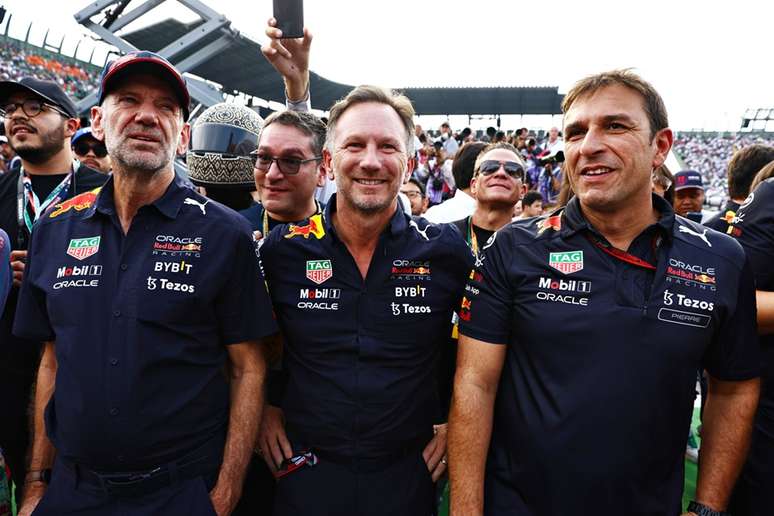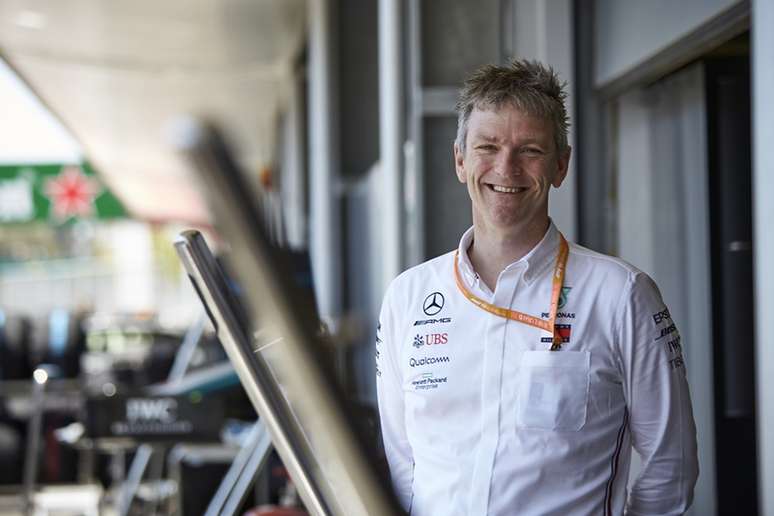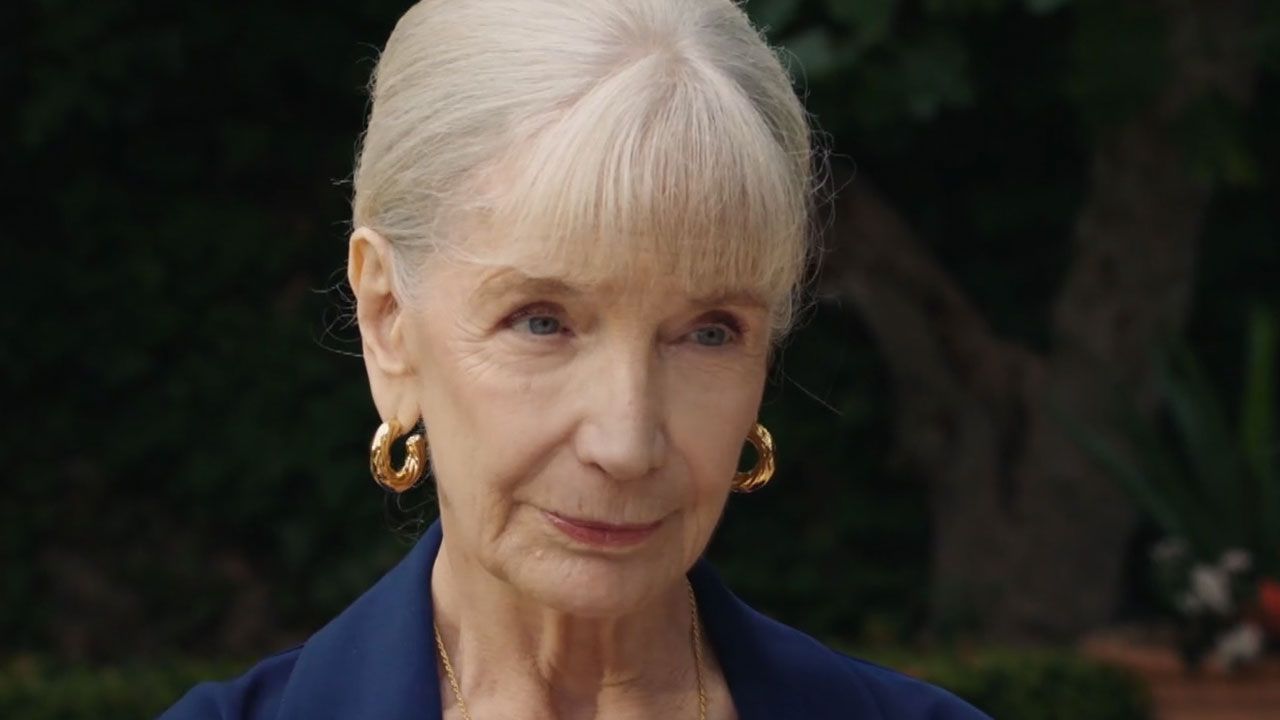The clamor surrounding the news of James Allison’s contract renewal by Mercedes reinforces the overestimation of F1 technicians
Summary
The renewal of the Mercedes Technical Director, James Allison, has been announced, the ‘winning trio’ of the 2014-2020 season, which reinforces the important role of technicians compared to that of drivers in F1.
Today’s big news from F1 is the announcement of the renewal of James Allison as Technical Director of Mercedes. Having returned to the team in 2017, Allison has signed a new “multi-year” agreement (according to the latest fashion in motorsport) to lead the Brackley technical team.
This announcement comes shortly after the renewal of Toto Wolff as Team Principal until 2026. Allison, Hamilton and Wolff formed Mercedes’ “dominant trio” in the 2014-2020 period and are now trying to regain at least some of the protagonism that has been lost from the amendment of the regulation in 2022.
We can’t forget that Allison spent some time away from the daily life of F1, working in the Special Engineering area of Mercedes. His replacement, Mike Eliott, was already part of the engineering team and a smooth transition was expected, as the philosophy would be maintained. But Mercedes lost their way and Allison was called in last year to try to save the W14 and think about the future of the team.
While the picture painted here seems too optimistic, at this point a year ago, the talk that things would get better was very similar. Remembering the old financial market maxim, “past successes are no guarantee of future gains,” it is necessary to be cautious.
But there is a situation that has arisen in recent times and the way in which the renewal of James Allison is being managed which leads us to think about an article that I wrote almost 25 years ago and which is becoming increasingly consolidated: the era of technicians at the expense of F1 drivers.
We cannot forget that F1 is above all an engineering championship. After all, the goal is to see who makes the best car within a given regulation. Drivers, no matter how talented, end up having their performance limited by the car. Then another old motorsport phrase comes into play: It’s easier for a bad driver to do well in a good car than for a good driver to do well in a bad car.
We cannot reduce the role of the pilot. Even so, it plays an important part and, when car and driver meet at the right moment, everything is enhanced. We have seen this several times in F1 and can cite Hamilton/Mercedes and Verstappen/Red Bull as the most recent examples of when symbiosis reaches a high level of success.
Looking back, the elements of the notes have gained recognition over time. We can mention Colin Chapman, John Cooper, Mauro Forghieri, Gordon Murray, John Barnard… so many who have set new standards and pushed boundaries. But more recently, Technical Directors have started to have this preponderance.
We can cite the case of Adrian Newey. He is seen as the main thinker behind Red Bull’s success. But as Christian Horner said in an interview last year, the team today is structured around a philosophy, an idea, without depending too much on it.

An F1 team today can range from 400 to 900 people. The Technical Director acts as a great coordinator of ideas, a director of concepts. In short: a great master in the fields of aerodynamics, mechanics, dynamics, electronics, electricity… His performances can in fact determine the success or failure of a project.
It is important to recognize the importance of each person in this success. The driver, even if he has less importance today than before, still represents a factor of imbalance. Your performance can also mean victories and evolution. The current aura is not so much that of a surviving hero as in the past, but functions as the visible and human face of a conqueror, of someone successful. But it highly depends on the work of a team in your favor.
It’s still strange to see people celebrating a technician’s project more than a pilot’s maneuver. The role of technicians must be valorised. Many people work so that at the end of the two-hour race the drivers can get on the podium and score points. But that every person is truly recognized.
And yet: welcome to the age of technicians.
Source: Terra
Rose James is a Gossipify movie and series reviewer known for her in-depth analysis and unique perspective on the latest releases. With a background in film studies, she provides engaging and informative reviews, and keeps readers up to date with industry trends and emerging talents.







